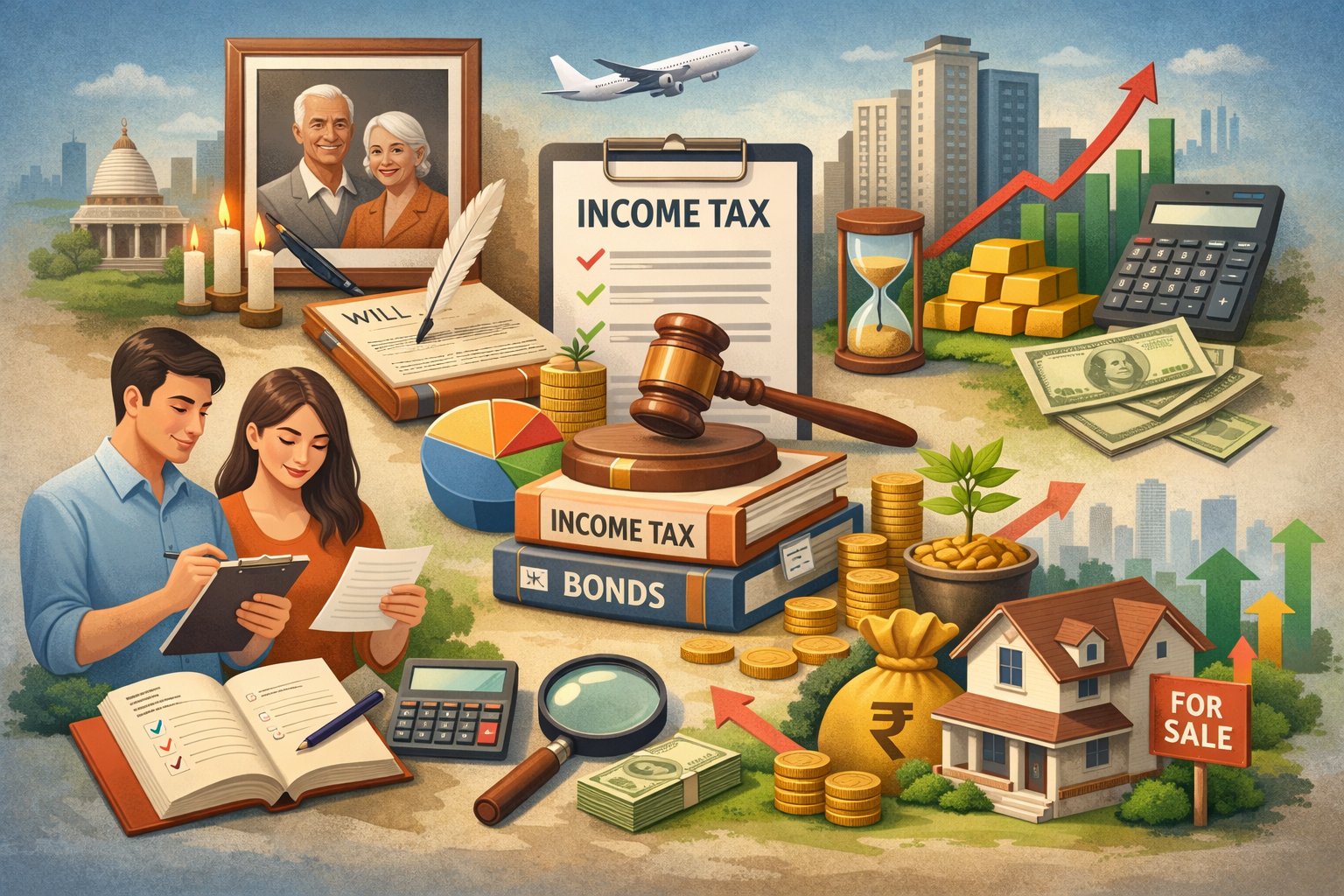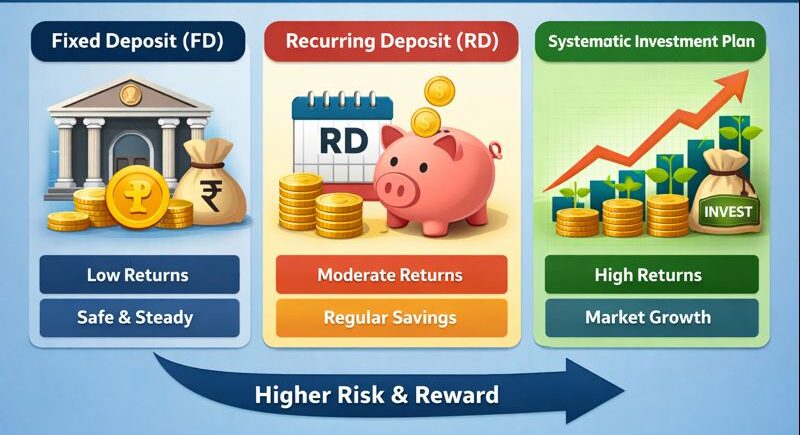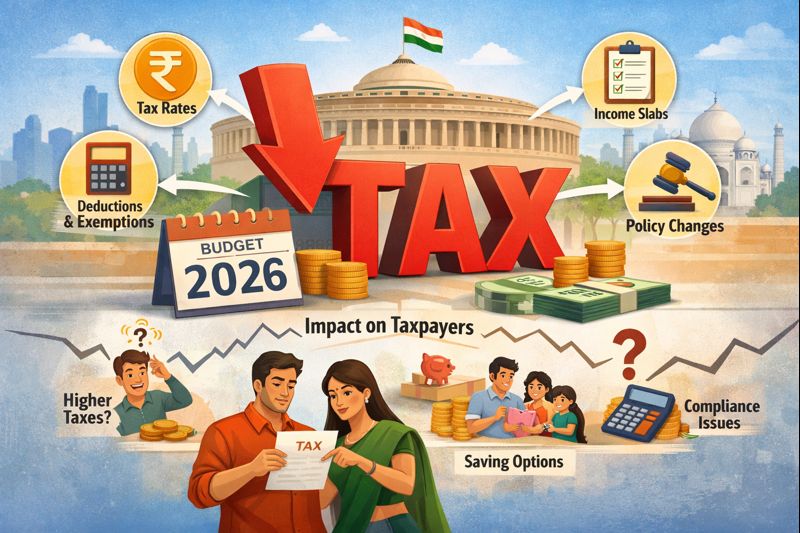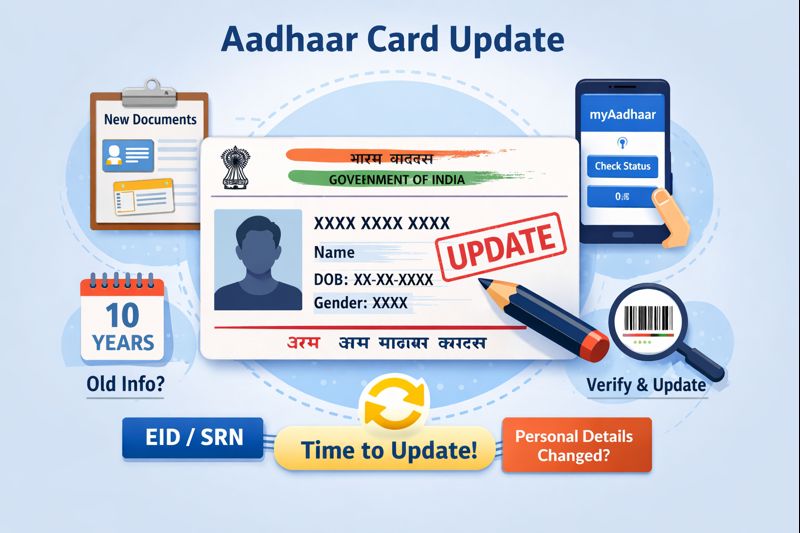In today’s world people have extremely easy access to personal loans, credit cards, overdrafts, home loans, car loans, and other sources of funding. Their irresponsible behavior towards money and financial indiscipline leads people into high debt and then eventually into debt traps. The debt trap has become a harsh reality and a forever struggle that seems impossible to escape.
In this Blog, we will delve into a detailed discussion of Good and Bad Debt, what a Debt trap is, and, how to strategize and manage debt more effectively.
What is Good Debt?
The debt that helps you accumulate wealth or generate income then it can be considered Good Debt. For example – when you borrow money to buy a home through a mortgage. This is considered good because homes often increase in value over time. Similarly, taking out a student loan for education is seen as a good investment in your future earning potential. Business loans to start or grow a business, as well as borrowing for real estate investments like rental properties or stocks, can also be good debt if the money you make from these investments is more than what you borrowed.
What is Bad Debt?
Bad debt as the name suggests, is money that is borrowed but not used in building wealth or generating income. It commonly includes consumer debt with high-interest rates, usually taken on for non-essential spendings like using credit cards for luxury items or unnecessary costs.
For Example – If someone is consistently using their credit cards to buy unnecessary and irrelevant things, and maintains an outstanding balance without promptly settling it, substantial and burdensome debt can arise due to the high-interest rates linked to credit cards. This is particularly problematic because the items bought usually do not increase in value, and the accumulated debt comes with significant costs.
What is a Debt trap?
A debt trap is when someone borrows money but finds it hard to pay back. It can keep going in a cycle, with things like high interest rates, not handling money well, and unexpected life problems making it tough to break free from the debt. Jyoti Bhandari, Founder, and CEO, of Lovak Capital said, “One of the key steps to overcome the debt trap is to identify your wants and needs. Evaluate the budget for your needs and stick to it. Before every spend, ask yourself if there is any less expensive alternative?”
Getting out of a debt trap usually requires being smart with money, making a budget, and sometimes getting help or advice from experts to create a plan for paying back what you owe and staying financially stable.
Warning Signs of Getting into a Debt Trap:
1. Only Paying Minimum Amount:
If you regularly only meet the minimum payments on your credit cards or loans, it might indicate challenges in effectively handling your debts. Typically, minimum payments mainly address interest, leaving the principal amount elevated and extending the duration of the debt repayment.
2. Dependent on Credit for Debt Settlement:
Depending on one form of credit, like acquiring a new loan to pay off an existing one, can establish a pattern of reliance on debt. This habit may result in accumulating additional debt and worsening financial difficulties.
3. Dependence on Borrowing:
If you notice a rising reliance on loans to manage day-to-day costs, it could signal that your income may not be enough to sustain your lifestyle or that adjustments are needed in your spending habits.
4. Avoid delayed payments:
Regularly overlooking deadlines for bill payments, loans, or credit cards can lead to late fees and have adverse effects on your credit score. This pattern may indicate financial challenges that need attention.
5. Debt Repayment with your Savings:
Utilizing savings or emergency funds to address debts suggests a precarious financial position. Depleting your savings diminishes your financial safety buffer, exposing you to the risk of unexpected expenses.
Strategies for Effective Debt Management
1. Proper Budgeting – Gain complete insight into your income, expenditures, and spending patterns. Then create a proper Budget to strategically allocate funds, giving priority to debt repayment while ensuring essential living expenses are adequately covered.
2. Focus on High-Interest Debts – Understand that not all debts are the same. Prioritize addressing high-interest debts initially, as they have the potential to rapidly escalate and pose a substantial financial challenge. Develop a strategy to aggressively reduce these debts, while maintaining minimum payments on others.
3. Consolidate and Refinance – Look into possibilities for consolidating high-interest debts by merging them into a loan with lower interest rates or refinancing existing loans. This approach can enhance the manageability of monthly payments and decrease the total interest paid in the long run.
4. Negotiation – Feel free to contact your creditors to discuss negotiating interest rates or establishing a more feasible payment arrangement. Numerous creditors are open to cooperation, especially if it ensures they ultimately receive the payment owed.
5. Emergency Funds – Establishing an emergency fund serves as a financial safety cushion, averting the necessity of turning to credit cards or loans when faced with unforeseen expenses.
6. Professional Guidance –
Seeking guidance from financial advisors or credit counselors can provide valuable perspectives on your financial circumstances. They can deliver customized advice and assist you in navigating the effective management of debt.
To know more about how to strategically invest your money Read more – What are Dynamic Funds, Green Bond, Best Small CAP Funds
Conclusion
Breaking free from a debt trap needs a smart and disciplined plan. By understanding the nature of debt traps and implementing effective debt management strategies, you can regain control of your financial future. It’s like running a marathon, not a sprint – every responsible step you take in managing debt brings you closer to a better, debt-free future.







